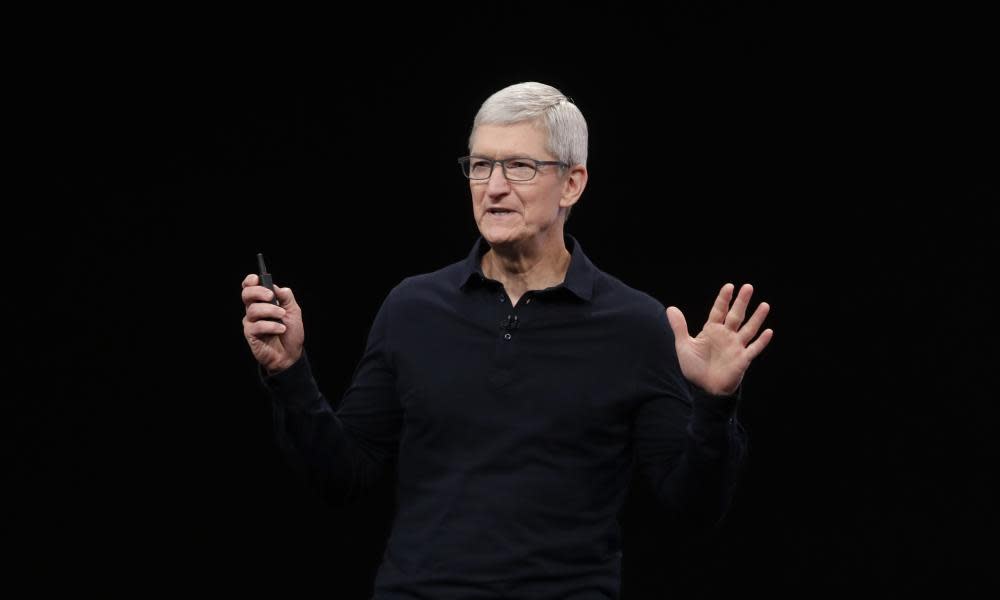Tim Cook: 'If you’ve built a chaos factory, you can’t dodge responsibility for the chaos'

If I’ve learned one thing, it’s that technology doesn’t change who we are, it magnifies who we are, the good and the bad.
Our problems – in technology, in politics, wherever – are human problems. From the Garden of Eden to today, it’s our humanity that got us into this mess, and it’s our humanity that’s going to have to get us out.
First things first, here’s a plain fact.
Silicon Valley is responsible for some of the most revolutionary inventions in modern history.
From the first oscillator built in the Hewlett-Packard garage to the iPhones that I know you’re holding in your hands.
Social media, shareable video, snaps and stories that connect half the people on Earth. They all trace their roots to Stanford’s backyard.
But lately, it seems, this industry is becoming better known for a less noble innovation: the belief that you can claim credit without accepting responsibility.
We see it every day now, with every data breach, every privacy violation, every blind eye turned to hate speech. Fake news poisoning our national conversation. The false promise of miracles in exchange for a single drop of your blood. Too many seem to think that good intentions excuse away harmful outcomes.
But whether you like it or not, what you build and what you create define who you are.
It feels a bit crazy that anyone should have to say this. But if you’ve built a chaos factory, you can’t dodge responsibility for the chaos. Taking responsibility means having the courage to think things through.
And there are few areas where this is more important than privacy.
If we accept as normal and unavoidable that everything in our lives can be aggregated, sold, or even leaked in the event of a hack, then we lose so much more than data.
We lose the freedom to be human.
Think about what’s at stake. Everything you write, everything you say, every topic of curiosity, every stray thought, every impulsive purchase, every moment of frustration or weakness, every gripe or complaint, every secret shared in confidence.
In a world without digital privacy, even if you have done nothing wrong other than think differently, you begin to censor yourself. Not entirely at first. Just a little, bit by bit. To risk less, to hope less, to imagine less, to dare less, to create less, to try less, to talk less, to think less. The chilling effect of digital surveillance is profound, and it touches everything.
What a small, unimaginative world we would end up with. Not entirely at first. Just a little, bit by bit. Ironically, it’s the kind of environment that would have stopped Silicon Valley before it had even gotten started.
We deserve better.
This is an abridged version of a recent commencement address at Stanford University given by Apple CEO Tim Cook.

